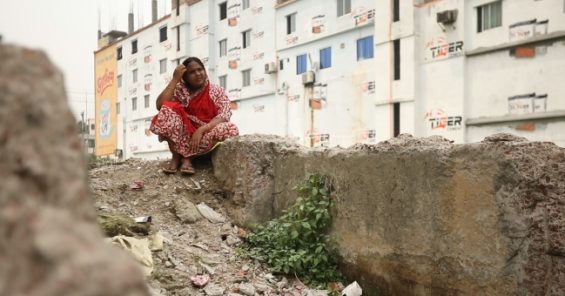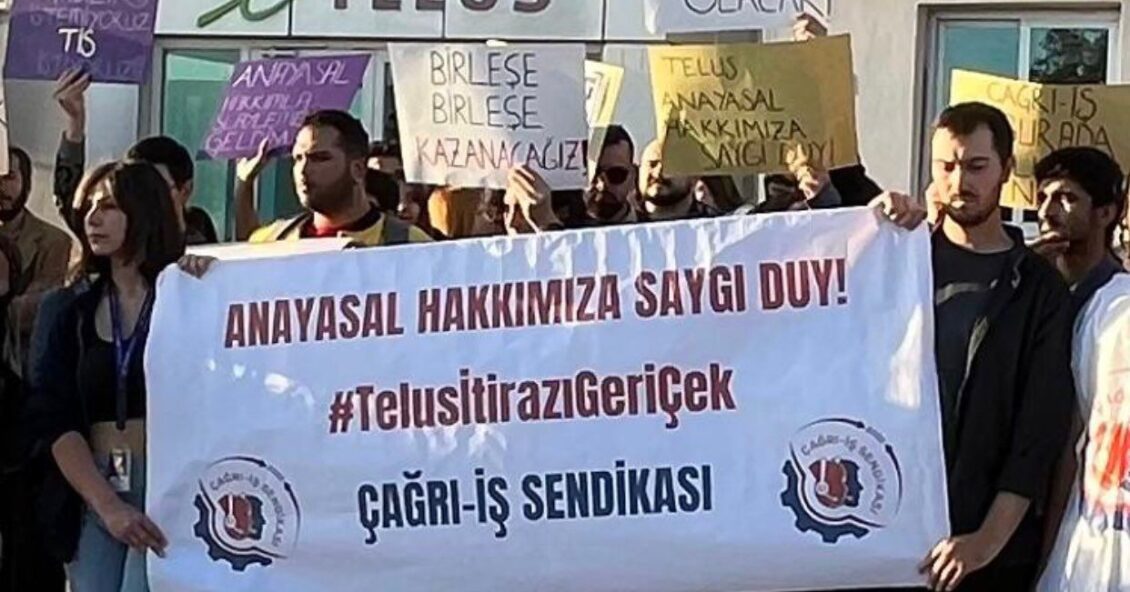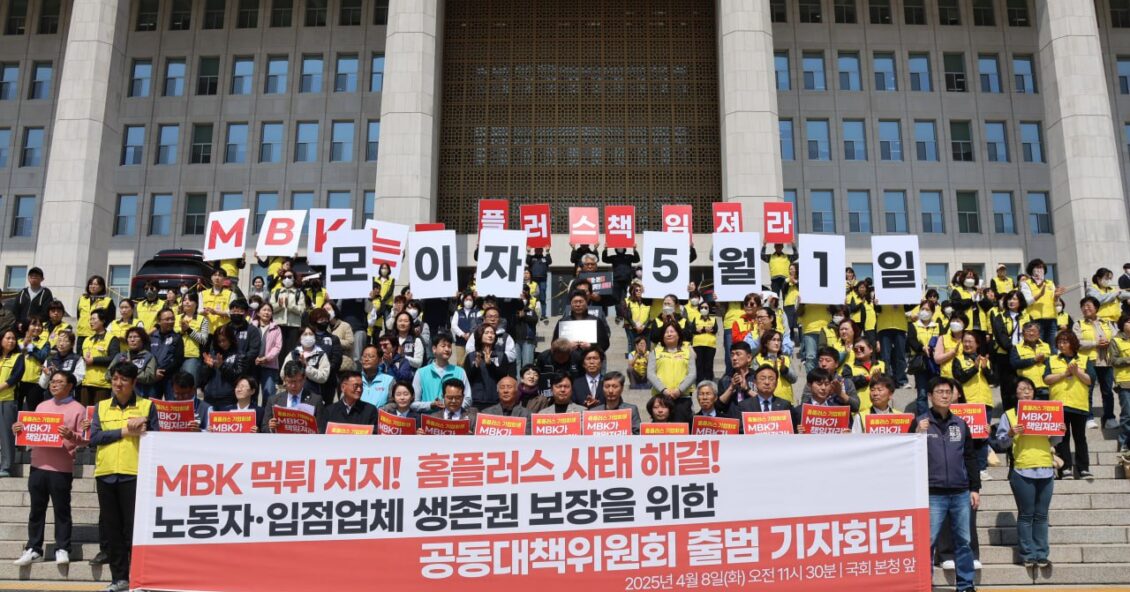“The Rana Plaza building collapse was tragic, catastrophic, and totally preventable,” said Mathias Bolton, Head of UNI Commerce at UNI Global Union. “We cannot allow another disaster like this to happen, and that is why we are dedicated to working with manufacturers, clothing brands, local unions, and the government to protect the progress made since 2013 by the Bangladesh Accord.”
On the six-year anniversary of the Rana Plaza collapse that killed 1,134 garment workers in Bangladesh, UNI Global Union is remembering the lives lost and irreparably harmed in the tragedy.
UNI is also joining with its affiliates and other labour rights campaigners to call for Bangladesh’s government to support a sustainable solution to safety problems in the garment industry—one that must include the Accord on Fire and Building Safety in Bangladesh.
The Bangladesh Accord is a legally-binding agreement signed by apparel brands and global union federations three weeks after the Rana Plaza disaster on 24 April 2013. It established an on-the-ground organisation that conducts independent safety inspections, transparent remediation protocols, as well a worker complaint mechanism and training.
The current Accord has roughly 200 global brands signatories and covers more than 1,600 factories and two million workers.
The Accord has conducted tens-of-thousands of inspections, and it has a 90 percent remediation rate of initial inspections. It has informed more than 1.7 million workers about workplace safety, and removed thousands of dangers from Bangladesh’s garment factories.
“The future of the Bangladesh Accord is hanging by a thread. And yet, thanks to the Accord, millions of garment workers can do their jobs in safety and without fear for their lives. Now is not the time to go backwards. Bangladesh has made great strides, but factory safety must still be maintained and improved and this requires ongoing training of workers and managers as well as an effective complaints mechanism,” said IndustriALL Global Union assistant general secretary, Jenny Holdcroft.
In recent months, Bangladesh’s government has held a series of hearings threatening to remove the Accord from the country, which would reduce the Accord’s effectiveness in remediating life-threatening hazards. Last week, the Supreme Court of Bangladesh gave another short-term extension to the Bangladesh Accord, scheduling the next hearing to determine the safety program’s future on 19 May 2019.
“Rana Plaza shows what happen when industry regulates itself no matter which country. The Accord is working closely with Bangladesh’s regulatory bodies to ensure it will eventually have the capacity to effectively take over the training, inspection, and remediation functions of the Accord,” said UNI’s Bolton. “The Accord has been proven as a credible mechanism to ensure workers’ safety, and this model should be expanded to other countries.”
A recent study using the government’s own data found a “shocking unreadiness” by Bangladeshi regulators to oversee the ready-made garment industry, the country’s largest economic sector. This is especially alarming because complaints about Bangladeshi garment factories reached an all-time high in 2018.
The original Accord, signed by UNI and IndustriALL Global Unions along with 222 apparel brands, was established as a five-year agreement and was put in place in the weeks after the Rana Plaza collapse. On the expiration of the first Accord, the 2018 Transition Accord ensured that work continued to improve factory safety. It is scheduled to continue until 2021. The Clean Clothes Campaign
Worker Rights Consortium, International Labor Rights Forum, and the Maquila Solidarity Network are witness signatories to the Accord.


